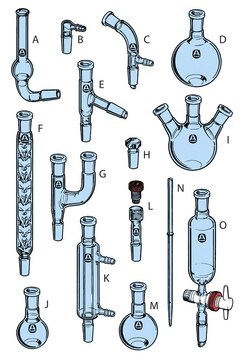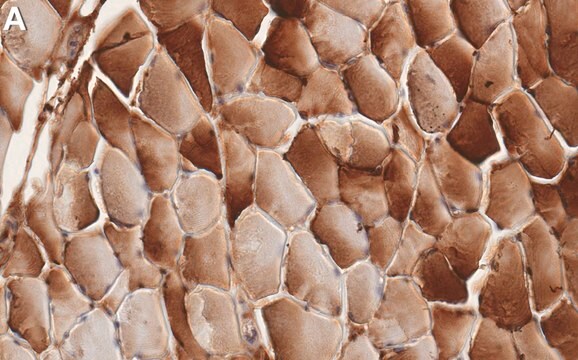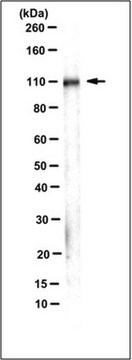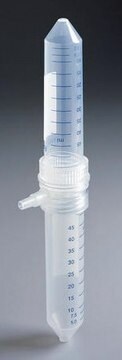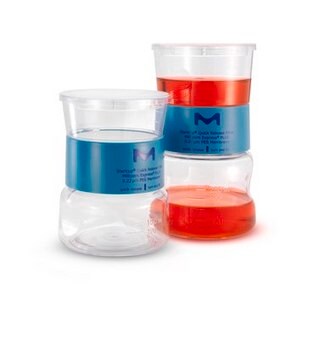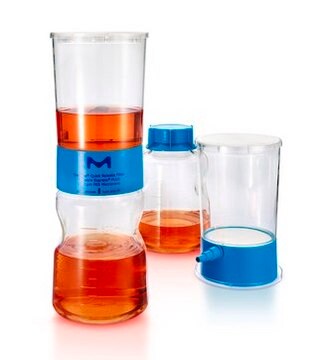ABC439
Anti-PKM1 Antibody
serum, from rabbit
Synonym(e):
Pyruvate kinase PKM, Cytosolic thyroid hormone-binding protein, CTHBP, Opa-interacting protein 3, OIP-3, Pyruvate kinase 2/3, Pyruvate kinase muscle isozyme, Thyroid hormone-binding protein 1, THBP1, Tumor M2-PK, p58
About This Item
Empfohlene Produkte
Biologische Quelle
rabbit
Qualitätsniveau
Antikörperform
serum
Antikörper-Produkttyp
primary antibodies
Klon
polyclonal
Speziesreaktivität
human, mouse
Methode(n)
immunohistochemistry: suitable
western blot: suitable
NCBI-Hinterlegungsnummer
UniProt-Hinterlegungsnummer
Versandbedingung
wet ice
Posttranslationale Modifikation Target
unmodified
Angaben zum Gen
human ... PKM(5315)
Allgemeine Beschreibung
Spezifität
Immunogen
Anwendung
Apoptose & Krebs
Apoptose - Weiterführende Produkte
Western Blotting Analysis: A representative lot detected PKM1 in HEK293 cell lysate (Christofk, R. H., et al. (2008). Nature. 452:230-233).
Immunohistochemistry Analysis: A representative lot detected PKM1 in HEK293 tissue (Christofk, R. H., et al. (2008). Nature. 452:230-233).
Qualität
Western Blotting Analysis: A 1:1,000 dilution of this antibody detected PKM1 in 10 µg of C2C12 cell lysate.
Zielbeschreibung
Physikalische Form
Lagerung und Haltbarkeit
Handling Recommendations: Upon receipt and prior to removing the cap, centrifuge the vial and gently mix the solution. Aliquot into microcentrifuge tubes and store at -20°C. Avoid repeated freeze/thaw cycles, which may damage IgG and affect product performance.
Haftungsausschluss
Sie haben nicht das passende Produkt gefunden?
Probieren Sie unser Produkt-Auswahlhilfe. aus.
Empfehlung
Lagerklassenschlüssel
12 - Non Combustible Liquids
WGK
WGK 1
Flammpunkt (°F)
Not applicable
Flammpunkt (°C)
Not applicable
Analysenzertifikate (COA)
Suchen Sie nach Analysenzertifikate (COA), indem Sie die Lot-/Chargennummer des Produkts eingeben. Lot- und Chargennummern sind auf dem Produktetikett hinter den Wörtern ‘Lot’ oder ‘Batch’ (Lot oder Charge) zu finden.
Besitzen Sie dieses Produkt bereits?
In der Dokumentenbibliothek finden Sie die Dokumentation zu den Produkten, die Sie kürzlich erworben haben.
Unser Team von Wissenschaftlern verfügt über Erfahrung in allen Forschungsbereichen einschließlich Life Science, Materialwissenschaften, chemischer Synthese, Chromatographie, Analytik und vielen mehr..
Setzen Sie sich mit dem technischen Dienst in Verbindung.